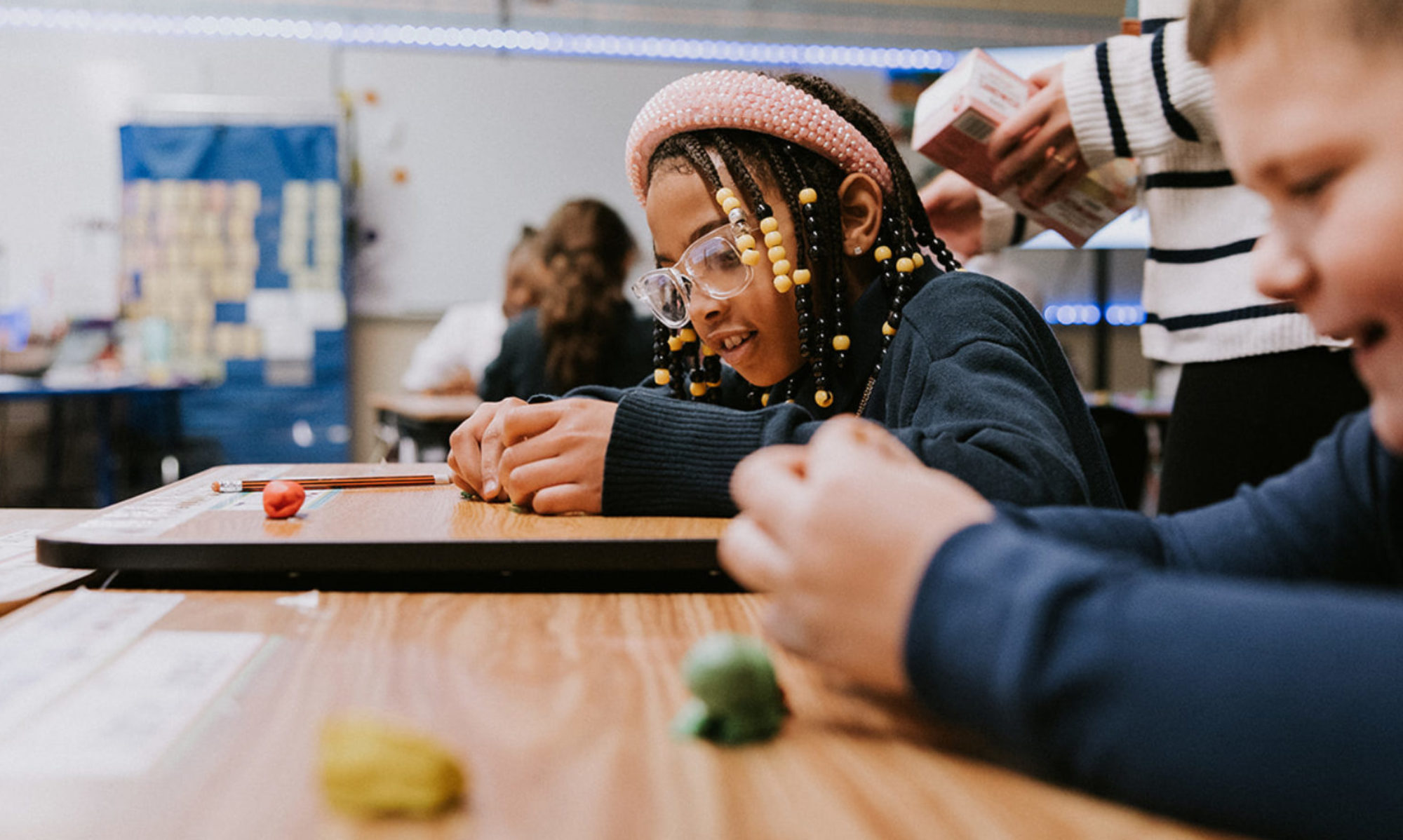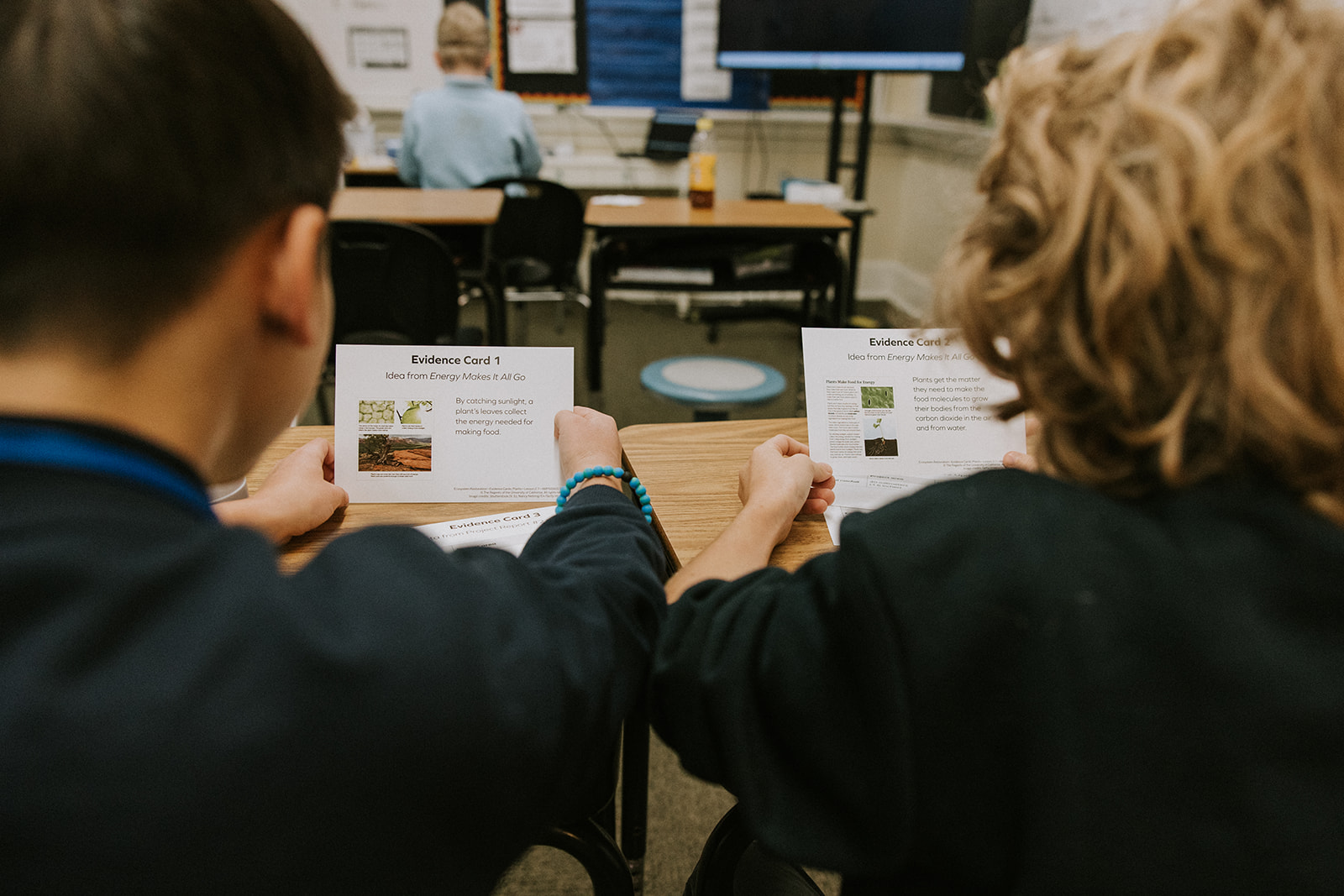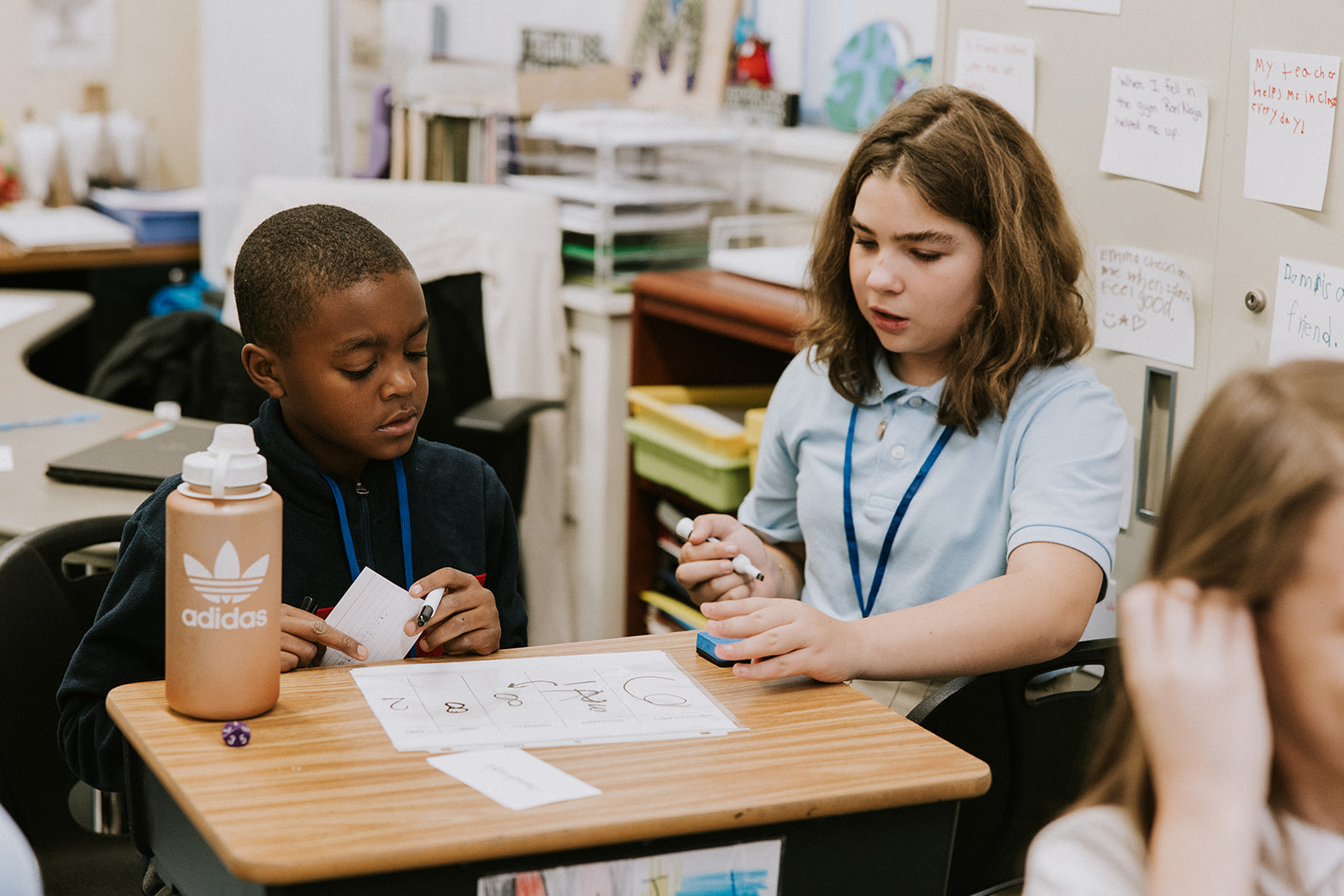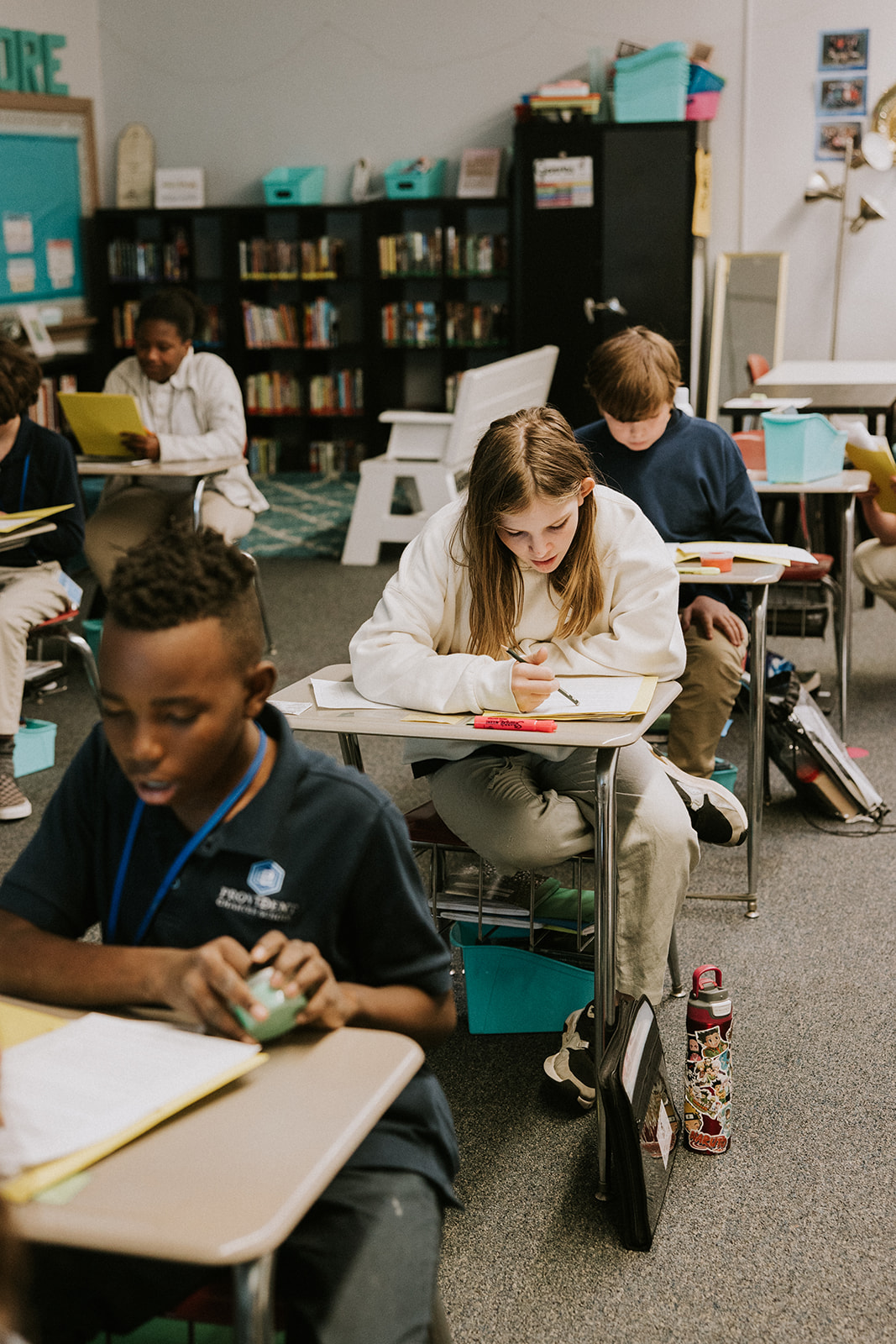What is Dyslexia?
Dyslexia is a neurological learning difference that is characterized by difficulties processing language. These language difficulties impact an individual’s ability to learn to read, spell and write. Without explicit, multisensory instruction, dyslexia often results in labored, dysfluent reading, which then limits comprehension and vocabulary growth.
According to recent studies, one in five children struggles with dyslexia. Many of these children are not identified and even fewer receive the proper instruction needed to overcome their symptoms.
Children with dyslexia are often falsely labeled as lazy or stupid. In reality, they are often very bright, but their struggles with dyslexia impede their comprehension of the material and leave them feeling frustrated and inadequate. With enhanced instruction, children can overcome their dyslexic struggles and become very successful individuals.
Symptoms of Dyslexia
Dyslexia can vary in severity and symptoms may look different from child to child. Dyslexia can be diagnosed as early as kindergarten through warning signs such as speech delay. However, children with dyslexia are identified more often in grade school when schoolwork becomes more demanding and their trouble processing language becomes more apparent.
Children with dyslexia may have trouble with some of the following tasks:
- recognizing letters, matching letters to sounds, and blending sounds into speech
- pronouncing or using the right words
- learning the alphabet, numbers, and new vocabulary words
- mastering the rules of spelling
- handwriting or gripping a pencil
- reversing similarly shaped letters or moving letters around within a word
- following a sequence of directions
- word problems in math
- rhyming
Skills Affected by Dyslexa
Dyslexia can affect more than your child’s reading and writing.
Social Skills
Children with dyslexia can have a difficult time understanding jokes or sarcasm. In addition, their struggles in school often leave them with a low self-esteem. These challenges may cause children with dyslexia to avoid group activities or to stop making new friends which are essential activities for developing social skills.
Listening Comprehension
While children with dyslexia tend to be better listeners than readers, they can have a difficult time filtering our background noise. Auditory distractions can make it difficult for children with dyslexia to follow what is being said.
Memory
Children with dyslexia can take so long to read one sentence that they may not remember the sentence that came before it. This challenge can make it difficult to understand the meaning of text.
Navigation
Children with dyslexia may struggle with spatial concepts such as left and right. This challenge can make it difficult for dyslexic children to find their way in unfamiliar places.
Time Management
Dyslexia can make it difficult to tell time or to stick to a schedule. These skills are essential for time management and children with dyslexia can struggle to meet society’s expectations on timing.
Strengths of Dyslexics
Additional Learning Differences
Dyscalculia
challenges in processing math
Dysgraphia
difficulties with spelling, poor handwriting, and having trouble putting thoughts on paper
Dyspraxia
difficulties with hand-eye coordination, balance, and fine motor skills
Auditory Processing Disorders
difficulties recognizing and interpreting information by sound
Visual Processing Disorders
difficulties recognizing and interpreting information by sight




